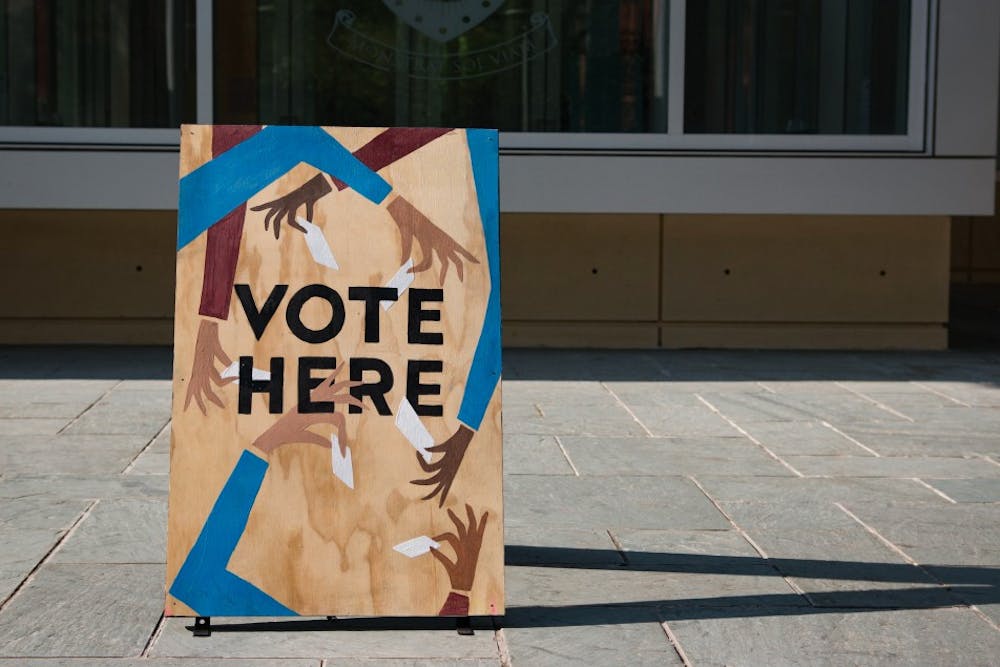The Nominations and Elections Committee will oversee a unique election cycle for the Undergraduate Assembly and Class Boards this fall, adding a new seat for transfer students as well as overseeing a special election for vacant Engineering seats on the UA.
The election is the first in which a New Student Representative seat on the UA will be reserved specifically for a new transfer student, said Elizabeth Vinton, a Wharton senior and NEC vice chair of elections.
Instead of nine seats reserved for new students in general, there will now be eight seats reserved for Penn freshmen and one for a transfer student. If no transfer students decide to run, then the seat will instead go to a freshman. The policy was passed earlier this year, when the NEC added the transfer student seat amendment to its Fair Practices Code. The code outlines the procedures for all student government elections at Penn.
The NEC will also be holding a special election to fill four vacant Engineering seats on the UA.

The 2019 NEC board.
In the spring 2019 UA and Class Board elections, no students formally declared their candidacy for the five Engineering seats on the UA. Only one student, Engineering sophomore Kshitiz Garg, ran a successful write-in campaign, achieving the minimum number of required votes to secure a spot on the ballot. Garg won his seat on the UA with 98 votes.
The election will follow the same timeline as the new student elections, and will be open to Engineering sophomores, juniors, and seniors.
Last spring, the NEC implemented a number of new initiatives to boost voter turnout, including discounts at local businesses and the implementation of voting booths. This year, Vinton hopes to expand these projects and find ways to reach out specifically to the transfer and Engineering communities.
Vinton said the new transfer seat on the UA “doesn’t mean anything if we don’t utilize it and get the word out.” She said although there is no email listserv for new transfer students, she will submit an email to the Office of Student Affairs to be sent to the freshman and sophomore class listservs encouraging new transfer students to run. She also plans to reach out to transfer students through their Facebook page and GroupMe chats.
Additionally, an email will be sent to the Engineering listserv to inform students about the vacant seats. Vinton said she hopes to make the election process less stressful for all candidates. To alleviate pressure, she wants to connect candidates who have questions to students in the UA or on Class Boards who can provide guidance.
Voting for freshmen running for UA and Class Board, the transfer seat on the UA, and the Engineering seats on the UA will open at midnight on Sept. 16, and will close at 5 p.m. on Sept. 18. If there are no violations of the NEC’s Fair Practices Code, the results will be announced around 9 p.m. on Sept. 18.
The monetary campaigning period, which refers to the time at which candidates can begin to purchase campaign materials like posters, chalk, and stickers, will begin at 8 a.m. on Sept. 13 this year instead of last year’s 7 a.m. start time, said Vinton. This change was made in order to relieve candidates of the pressure to wake up early to begin campaigning.









